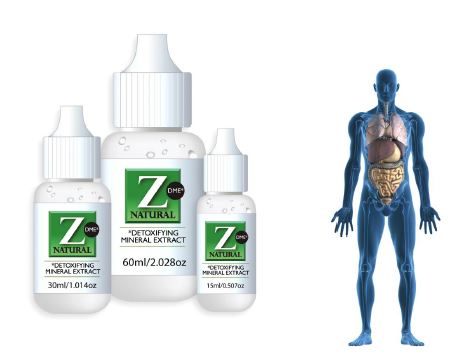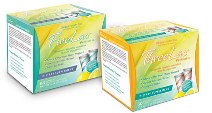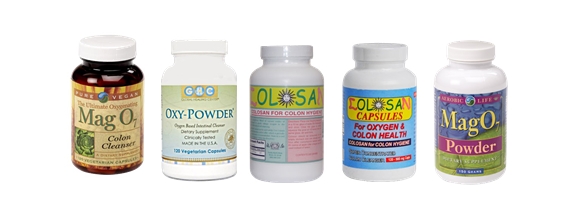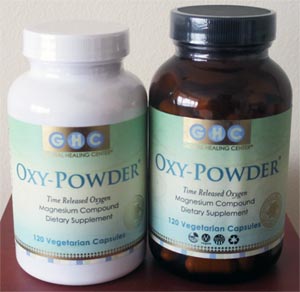Our approach to reducing heavy metal toxicity and brain fog

Did you see the news in the UK newspapers last week that scientists have discovered a link between Alzheimers disease and the build-up of heavy metal toxicity in our body’s from aluminium (1). I had to chuckle because this “news” was something I first read about when I was at naturopathic college 20 years ago. And I’m not sure it was especially fresh news even then!
It has frequently been claimed by holistic dentists, doctors and naturopaths that heavy metal toxicity from mercury is one of the contributory factors in all neurological illnesses, such as Parkinson’s disease, Alzheimers disease, multiple sclerosis, poor memory, brain fog, depression and a whole host of other problems for just as long. Indeed a friend of mine, who is a retired holistic dentist, himself a victim of mercury toxicity has been aware of this problem for over a quarter of a century. Other dentists, such as Hal Huggins were aware that there was a problem four decades ago! (You can ‘Google’ his name if you’re curious).
A number of practitioners also contend that heavy metal toxicity is the reason why some people with stuborn candida problems, just don’t seem to get better regardless of how persistently they use anti-candida products, such as Threelac, or how well they keep their colon’s clean with products such as Oxy-Powder, colon hydroptherapy treatments, or both. One colleague I know usually doesn’t treat candida at all, without first getting her patients to do a heavy metal detox, along with using products for colon cleansing. Personally I find that rather extreme, but I can accept that virtually every Westener benefits from doing a heavy metal toxicity cleanse anyway.
Products that help with heavy metal toxicity
We have a number of products that help remove heavy metals from the body in a safe, non toxic way, and without “side effects”.
(“Side-effects” – in my opinion a dishonest form of Orwellian double-speak created by the medical industry to conceal what I would describe as toxic effects. But that’s a separate discussion for another day).
A list of products that help or are alledged to help with heavy metal toxicity includes Algas, Crystal Energy, all green superfoods (especially Green Magma), and Curcumin (or Turmeric). However I regard our core product for reducing heavy metals to be ZNatural. You can visit the web site for detailed information on ZNatural, but below some of the key points.
Introducing ZNatural
ZNatural® works at the cellular level to help remove harmful toxins from the body. The patented molecular structure help remove…
•Lead • Mercury • Arsenic • Chromium • Other Heavy Metals • Pesticides • Free Radicals Organic Toxins • Chlorinated Compounds • BPA • PCBs
ZNatural has been extensively studied, originally by it’s developer Dr Harvey Kaufman, and continues to be studied today at the prestigious Cleveland Clinic in Cleveland, Ohio (USA). One of these tests showed a 91% reduction in mercury over 4 months, and an 86% reduction in lead over 90 days, based on human urine tests.
Another test (see table below) compared the heavy metal removing ability of ZNatural, with five other products marketed for this ability. The tests were done on water samples with the heavy metals ions added, then the products added (dosed) and analyzed by UV-visible spectrophotometry. In this test, after 30 minutes, the ZNatural sample had reduced the heavy metal by 53.9%. Turmeric (product 5 below) came second, reducing it by 22%. A combination of Bentonite clay and charcoal (product 3 below) came third at 17.6%. The other three samples had a minimal effect only. These are test tube results only, so one would not expect such dramatic changes in the body from a single usage, but other tests based on urine tests have shown a consistent effect when taken long term.

We provide ZNatural in a 15ml one month size, a 30ml two month size, and a 60ml 4 month size. My view is that best results are accomplished by taking ZNatural for 6 months initially, then one month per year, every year. ZNatural is not one of our better known products, but we have had great results reported to us by some of the people who have used it. You can read a few reviews here for things like chronic fatigue, brain fog, skin problems and fibromyalgia, which we think are the result of the detoxification that ZNatural enables to take place in the body.
We would like as many people as possible to try it, and in order to encourage this, we provide ZNatural with a 60 day money back guarantee (less our shipping and processing costs) if for any reason you are not satisfied with the product.
Wishing good health to all
Mark G. Lester
Director – The Finchley Clinic Ltd
1. The Daily Telegraph http://www.telegraph.co.uk/science/science-news/11159812/Aluminium-poisoning-may-trigger-Alzheimers-disease-claims-professor.html
Also reported at http://www.dailymail.co.uk/health/article-2792370/aluminium-poisoning-brains-causing-alzheimer-s-professor-claims.html
and http://www.keele.ac.uk/pressreleases/2014/aluminiumanditslikelycontributiontoalzheimersdisease.html

 Please note these figures below are based on the amount of live bacteria at the end of the products shelf life (i.e. the expiry date). The manufacturers state that the amount of live bacteria at the point of manufacture is double that of the expiry date. Therefore the figures quoted below are minimum estimates of the number of live bacteria.
Please note these figures below are based on the amount of live bacteria at the end of the products shelf life (i.e. the expiry date). The manufacturers state that the amount of live bacteria at the point of manufacture is double that of the expiry date. Therefore the figures quoted below are minimum estimates of the number of live bacteria.






